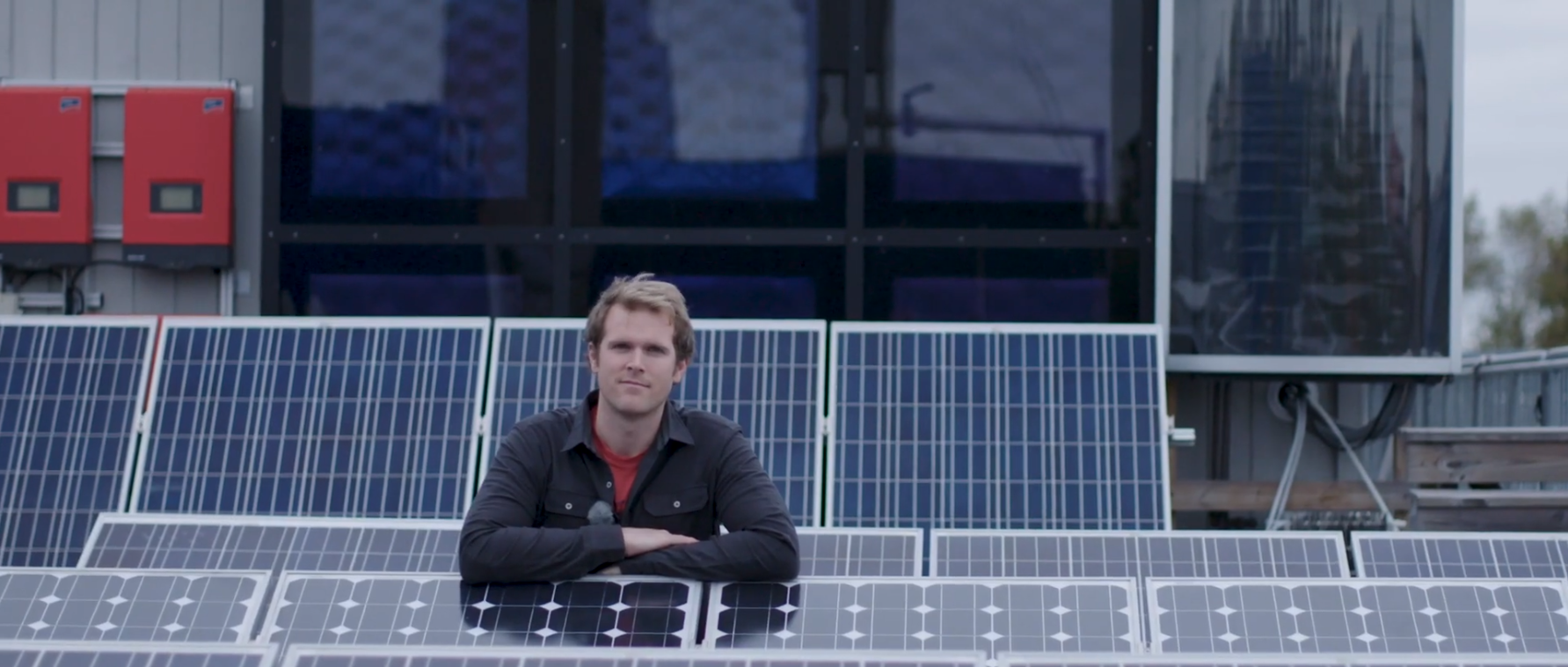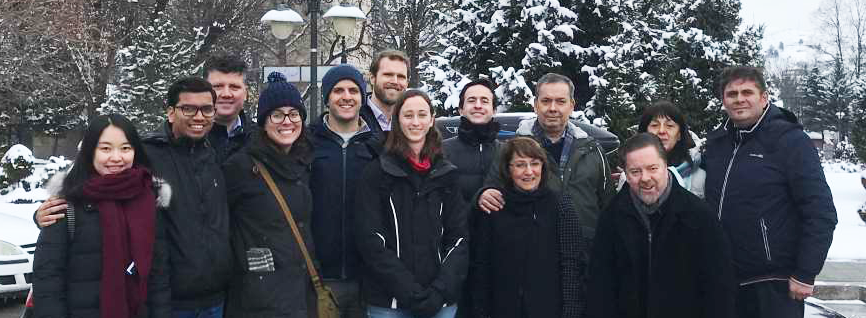Students help Macedonian hospital with renewable energy

The small city of Bitola, North Macedonia has one of Europe’s dirtiest coal thermal power plant and uses predominantly wood and oil for heating. At the request of the city managers and Swedish charity Hand till Hand, students from the Sustainable Energy Engineering (SEE) Program are helping to make their energy system cleaner.
Phd Candidate Nelson Sommerfeldt is the supervisor for the students and we asked him a few questions.
What will be the result of the group’s effort?
- The final result will be a brand new heating, cooling and electricity supply system for the hospital, where the CO2 emissions will be cut by at least 50%. The design goal is to eliminate oil consumption and produce as much of their energy with renewables as possible using heat pumps and solar energy.
- We are also incorporating health and comfort measures with a new ventilation system, which the hospital currently lacks.
Are there other partners involved in the project?
- The project has four primary partners: KTH, Hand till Hand, Bitola Municipality, and PHI Hospital. Hand till Hand is like a broker, helping us with contacts in Bitola and arranged our visit in February. The city’s energy advisor has been very helpful with providing data about the hospital, which of course is aided by the facilities manager at the hospital.
What is you and your students’ task?
- Our task is to explore their energy options and identify a techno-economically ideal system design, which will then be handed over to engineering and contractor firms to implement in the buildings. Our analysis is also being used to help secure financing by placing well supported numbers on the benefits the system can have for the hospital, community, and environment.
It seems like an enormous project to design a new system for a hospital of
20 000 m2. How come you got involved in the project?
- Maria Rosengren, founder of Hand till Hand, does a lot of work improving the lives of children in her hometown of Bitola. She provided the spark for the hospital to improve their energy system and suggested they look to Sweden for solutions. In the spring of 2018, I was contacted by the Bitola’s Municipal Energy Advisor Goran Nedelkov about using solar heat pumps. Given the current state of the hospital, it sounded like an interesting challenge and a great way to increase our impact.
- So with the stakeholders we set up a one year plan to have our students explore all kinds of possible solutions for the hospital within our SEE program. It is a huge task and larger than any system I’ve dealt with before!
What has been done so far?
- During autumn 2018, two groups of five students explored building efficiency and energy supply options in a pre-study. In February, the group travelled to Bitola to see the hospital first hand, learn from the operators, and take measurements. Two SEE students, Lesley Fisher and Francisco Beltran, are continuing with the project in their master’s thesis, which will deliver a more detailed and complete analysis. Their work will be completed in August and presented to hospital and city officials in Bitola.
What do you think the students will learn from this?
- KTH has been brought in as the energy expert on this project, like a consultancy. So the students are getting the chance to not only test and demonstrate their knowledge, but must also communicate to non-expert stakeholders. There is of course the benefit of experience in a real project, but this one has a unique aspect in that the design criteria are quite different from a typical European building that is already quite advanced.
- As exciting as the latest technology is, we are not working at the margins of building performance, so the design process has been less about using the latest high-tech solutions and more about finding the most improvement for the least cost. It’s an adjustment in design goals that the students don’t normally get exposed to and I think it makes for a very valuable learning experience.
For you personally, why is it important to engage in these kind of projects, outside Swedish borders?
- Sweden is so advanced in energy systems that you often find yourself working on solutions that really only improve on the margins. A small efficiency improvement here, a bit more renewable energy there. Going to a country like North Macedonia is a wakeup call for how much work needs to be done in the rest of the world.
- It’s extremely rewarding if we can use what we’ve learned here and help the rest of the world develop in a sustainable manner. The impact can be much greater as well, not just from a climate perspective, but from a community perspective. We have had such a nice response and warm welcome from the city and hospital that you feel like it’s making a real difference in their lives.

For more information about the project, please contact Nelson Sommerfeldt: nelson.sommerfeldt@energy.kth.se
Text: Ulrika Georgsson
Photo: Grön Bostad Stockholm (top image) and Melanie Sommerfeldt (group image)

